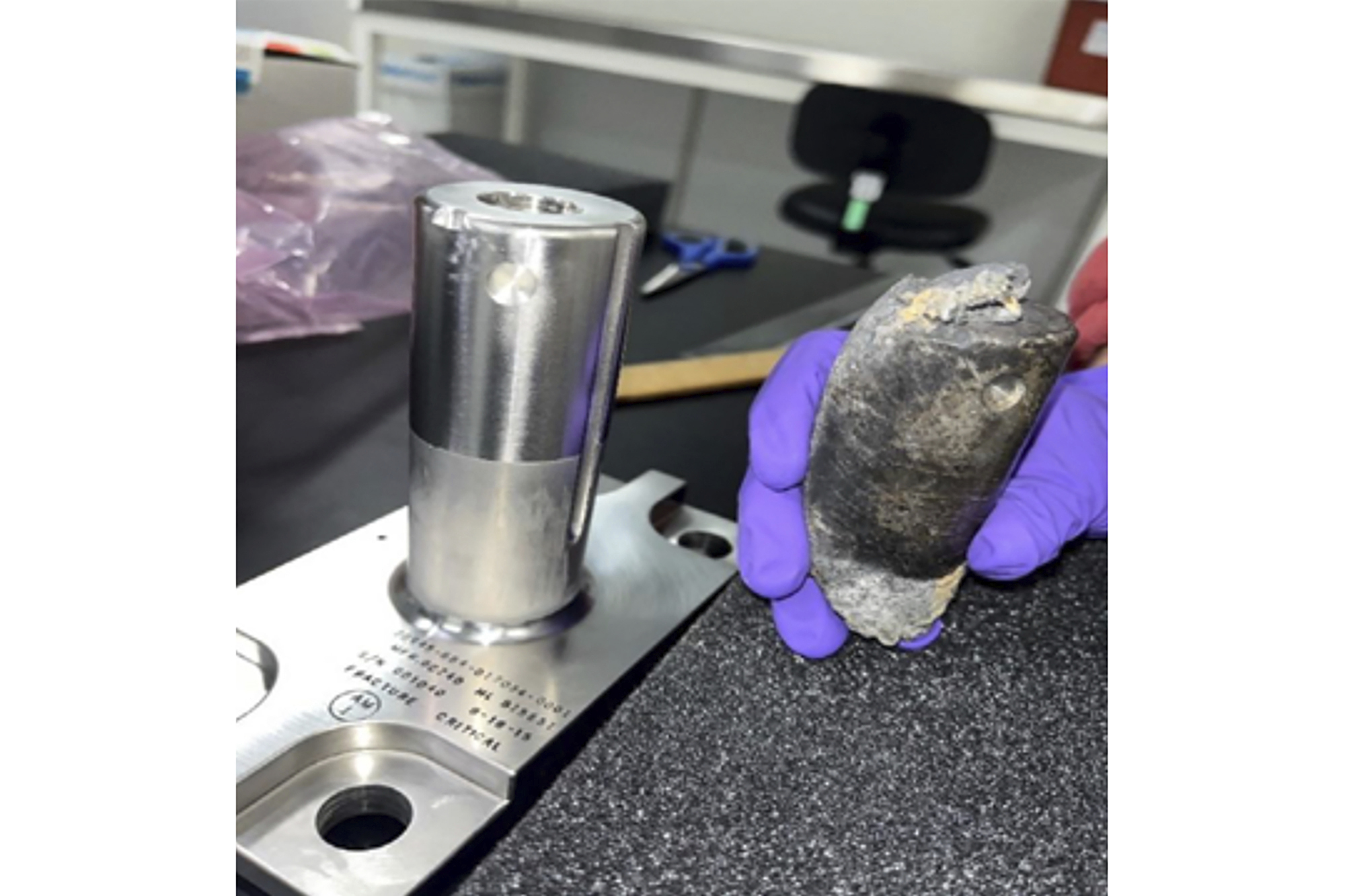When Jenny Wood-Allen wanted to take part in her first marathon at the age of 71, both her doctor and family were skeptical. But at the age of 90, she became the oldest woman ever to complete the grueling 26-mile race, earning her a place in the Guinness Book of World Records.
Now experts are finding that senior runners like Wood-Allen may be doing more than breaking records.
In a study published in Arthritis Research & Therapy, researchers found that avid exercisers in their 60s and 70s suffered less joint and muscle pain over time than their less active peers.
The researchers, led by Dr. Bonnie Bruce at Stanford University, followed 492 members of a senior exercise club for 14 years. Most of the gray-haired grandmas and Jack LaLane's clocked just over five hours of regular exercise a week, including running 26 miles over the course of a week. These athletic seniors were compared with 374 older adults who exercised about two hours a week—still respectable considering their age.
Overall, the researchers found, seniors who continued to exercise vigorously through their 70s suffered about 25 percent less muscle and joint pain than the less active group. This was despite the fact that 53 percent of runners who logged 26 miles a week suffered a fracture, versus 47 percent of those who ran only a couple miles per week.
The key seemed to be that the most active seniors did more than just run; they swam, walked and lifted weights, which left them with significantly less pain compared to those who were less active. And exercisers who stopped running but still kept up high levels of other activities enjoyed benefits similar to those of hard-core runners. The point, Bruce says, is that just about any type of exercise is helpful, regardless of your age.
"The studies on the benefits of physical activity just keep piling up," she says. It's possible, according to Bruce, that the vigorous exercisers reported less pain because they tend to have a higher threshold for pain to begin with. But having followed the study participants for so long, she says she is confident that the exercise itself had genuine effects.
U.S. & World
Indeed, Bruce believes that physical activity fits a natural need that many forgot with the invention of the couch.
"Humans were meant to move, not sit," she says. In the very early days, exercise was geared toward running away from predators and hunting for food. But the same principles apply today.
Of course, not every 71-year-old is meant to launch a marathon career, as Wood-Allen did. Seniors who are sedentary or have chronic health conditions should talk with their doctors about safely starting an exercise regimen. And don't feel you have to jump from the couch to the running trail.
"Any exercise that you enjoy is good to do," says Bruce.




